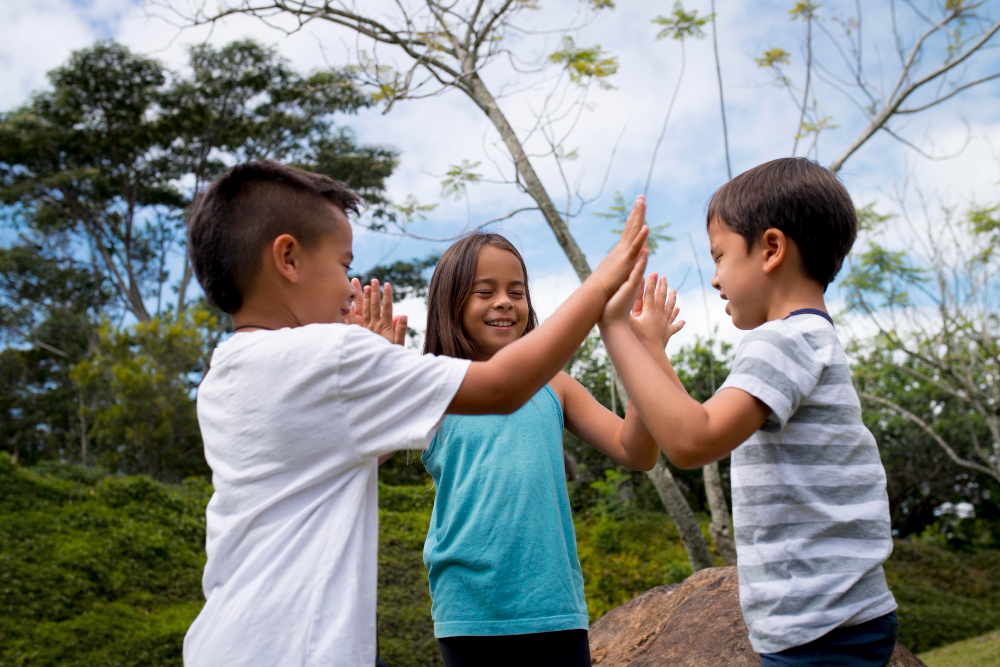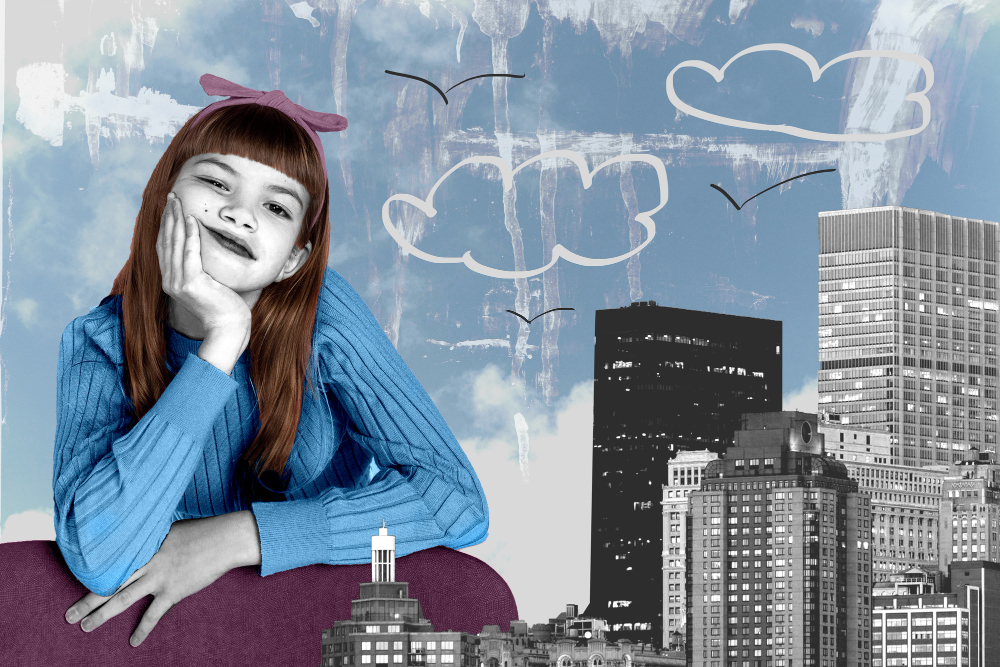If you’ve been punished, blamed, or left out at school because of something another student did, you’re not alone. This page is for kids and teens who didn’t cause the problem—but got caught up in the consequences anyway. That’s called collective punishment, and it’s not fair.
1. What is collective punishment?
Collective punishment is when a whole group gets in trouble because of one person. It might look like:
- Losing recess because of someone else’s behaviour
- Having a field trip cancelled for something one or two people did
- Being told you can’t move on until the whole class is “ready”
- Being made to stay silent or redo work because of another student
Even if adults say it’s a “natural consequence” or “for the good of the group,” it can still feel unfair—and it can hurt.
2. How do I know if what happened was wrong?
Sometimes it just hits you—that flash of anger or confusion when you’ve been doing everything right, working hard, following instructions, trying your best to be kind and respectful—and suddenly, out of nowhere, you lose something you were looking forward to. A privilege. A celebration. A break you earned.
And you think, Wait, what? I didn’t even do anything. That feeling—of being swept up in someone else’s mistake, of being treated like part of a problem you didn’t cause—is real. It’s a kind of injustice that can make your chest feel tight, or your stomach flip, or your voice disappear.
If you felt confused, blamed, ashamed, embarrassed—or just plain indignant—especially when you hadn’t done anything wrong, those feelings matter.
- Did you feel punished for trying your best?
- Did the consequence ignore your actual behaviour?
- Did adults expect you to stay quiet about it?
You don’t need to have the perfect words. You just need to know what you felt. Because what you felt was real.
3. What can I do about it?
You can write down what happened:
- What was the punishment?
- What had you done or not done?
- How did it make you feel?
- Who was there?
You can talk to a trusted adult—at home, at school, or outside of school. Tell them what happened and how it felt. You deserve to be heard.
4. What if no one listens?
Sometimes, adults don’t understand. They might say it’s not a big deal. But your experience matters. If the first person doesn’t help, try another. You can:
- Talk to a parent, caregiver, or older sibling
- Tell a teacher you trust
- Talk to a school counsellor or youth worker
- Use a letter or script (we can help with this!)
You deserve support that takes your voice seriously.
5. Why does this happen so often?
Sometimes schools are under pressure to keep control, and they think group punishment is the fastest way to manage a situation. But fast doesn’t mean fair. And just because something is common doesn’t mean it’s okay. Most of the time, this happens because there aren’t enough adults, or because teachers are overwhelmed—not because you did anything wrong.
This page is for kids who were punished even though they didn’t do the thing. If you’re someone who was involved and now feels confused, ashamed, or like everyone’s mad at you, we’re working on another page just for you—because understanding and repair matter just as much as fairness.?
Sometimes schools are under pressure to keep control, and they think group punishment is the fastest way. But fast doesn’t mean fair. And being quick doesn’t make it okay. Most of the time, this happens because there aren’t enough adults, or because teachers are overwhelmed—not because you did anything wrong.
This page is for the kids who were punished even though they didn’t do the thing. Here’s a page for neurodivergent kids who precipitated a collective punishment.
6. What helps?
- Talking to someone who believes you
- Writing or drawing about what happened
- Asking an adult to speak up with you
- Remembering: it was not your fault
You can also learn more about your rights—and how to make change. Some kids have even started projects to stop these practices in their schools.
7. You are not the problem
Being punished for something you didn’t do doesn’t teach fairness—it teaches fear. It can make you feel invisible or blamed, but you are not the problem. Your feelings are real, and your voice matters.
It’s also okay to feel conflicted about the kid who caused the disruption—especially if they’re often struggling or unsupported. Sometimes the same kids who act out are hurting too.
You can feel upset and still care. You can want things to be fair without wanting anyone to be shamed. You can hope for better—for yourself, for your classmates, and for the adults, too.
And if you were the one involved, and now you feel overwhelmed or ashamed, there’s help for you as well. Everyone deserves a chance to repair, be heard, and feel safe.
-
To the neurodivergent kid who got blamed
Worried your mistake might get your whole class punished? That fear isn’t yours to carry. Here’s why—and what you can do.








